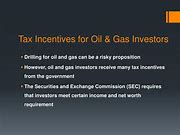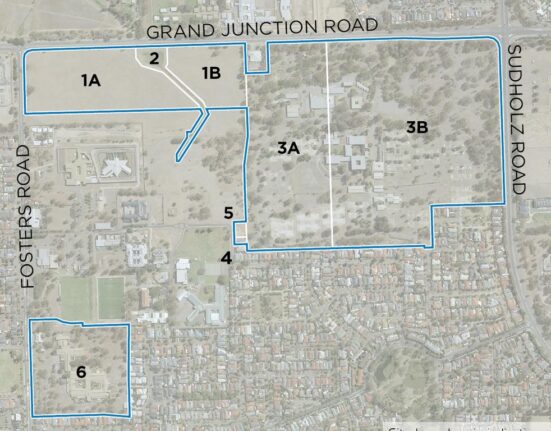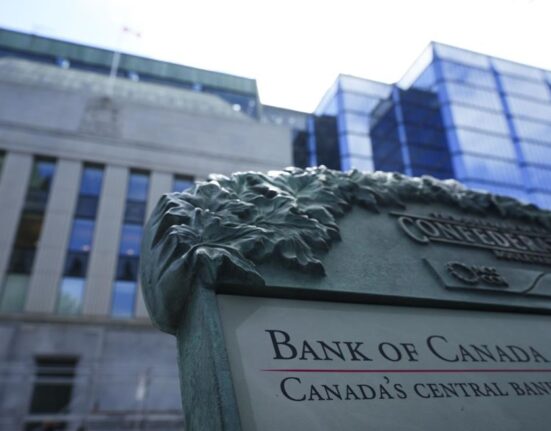President Bola Tinubu has taken a significant step in reshaping Nigeria’s upstream oil and gas industry by signing a groundbreaking Executive Order. The new directive, titled the Upstream Petroleum Operations Cost Efficiency Incentives Order (2025), is designed to revolutionize the sector by introducing performance-based tax incentives.
By implementing this innovative approach, Tinubu aims to drive down costs, increase revenue, and entice fresh investments into the country’s vital energy sector. This strategic move builds upon the success of his administration’s 2024 reform package, demonstrating a steadfast commitment to transforming Nigeria’s energy landscape for the better.
In a bid to create an attractive investment climate, the Executive Order introduces a pioneering incentive framework that rewards oil and gas operators who achieve verifiable cost savings based on annual industry benchmarks. These benchmarks will be meticulously crafted by the Nigerian Upstream Petroleum Regulatory Commission (NUPRC) to reflect the diverse cost structures prevalent in different operational terrains across Nigeria – spanning from onshore fields to deep offshore wells.
“This Order is a signal to the world: we are building an oil and gas sector that is efficient, competitive, and works for all Nigerians,”
Tinubu declared passionately while unveiling this forward-looking policy initiative.
“It is about securing our future, creating jobs, and making every barrel count.”
The introduction of performance-based tax credits underlines a strategic shift towards incentivizing efficiency and operational excellence within the sector. Capped at 20 percent of a company’s annual tax liability, these credits encourage upstream companies to streamline their operations while safeguarding government revenue streams.
Olu Verheijen, as President Tinubu’s special adviser on Energy, has been entrusted with orchestrating seamless inter-agency collaboration for effective execution and accountability in implementing this game-changing Order.
Verheijen emphasized that this initiative goes beyond mere cost-cutting:
“It is a deliberate strategy to position Nigeria’s upstream sector as globally competitive and fiscally resilient. With this reform, we are rewarding efficiency, strengthening investor confidence, and ultimately delivering greater value to the Nigerian people.”
Detailed guidelines outlining procedures for accessing these new tax credits – including verification protocols and compliance mechanisms – are expected imminently. These guidelines will offer clarity to industry stakeholders on navigating this transformative landscape efficiently.
The 2025 Executive Order marks a pivotal continuation of the ambitious structural reforms kickstarted in 2024 which garnered praise from both local and international circles. By enhancing fiscal terms, expediting project timelines, and modernizing local content regulations in line with international standards set forth last year; Nigeria has made substantial strides towards becoming an appealing investment hub in an increasingly competitive global energy market.
President Tinubu reaffirmed his administration’s dedication to overhauling the oil and gas sector as an integral part of its economic agenda:
“Nigeria must attract investment inflows not out of charity but because investors are convinced of real enduring value.”









Leave feedback about this